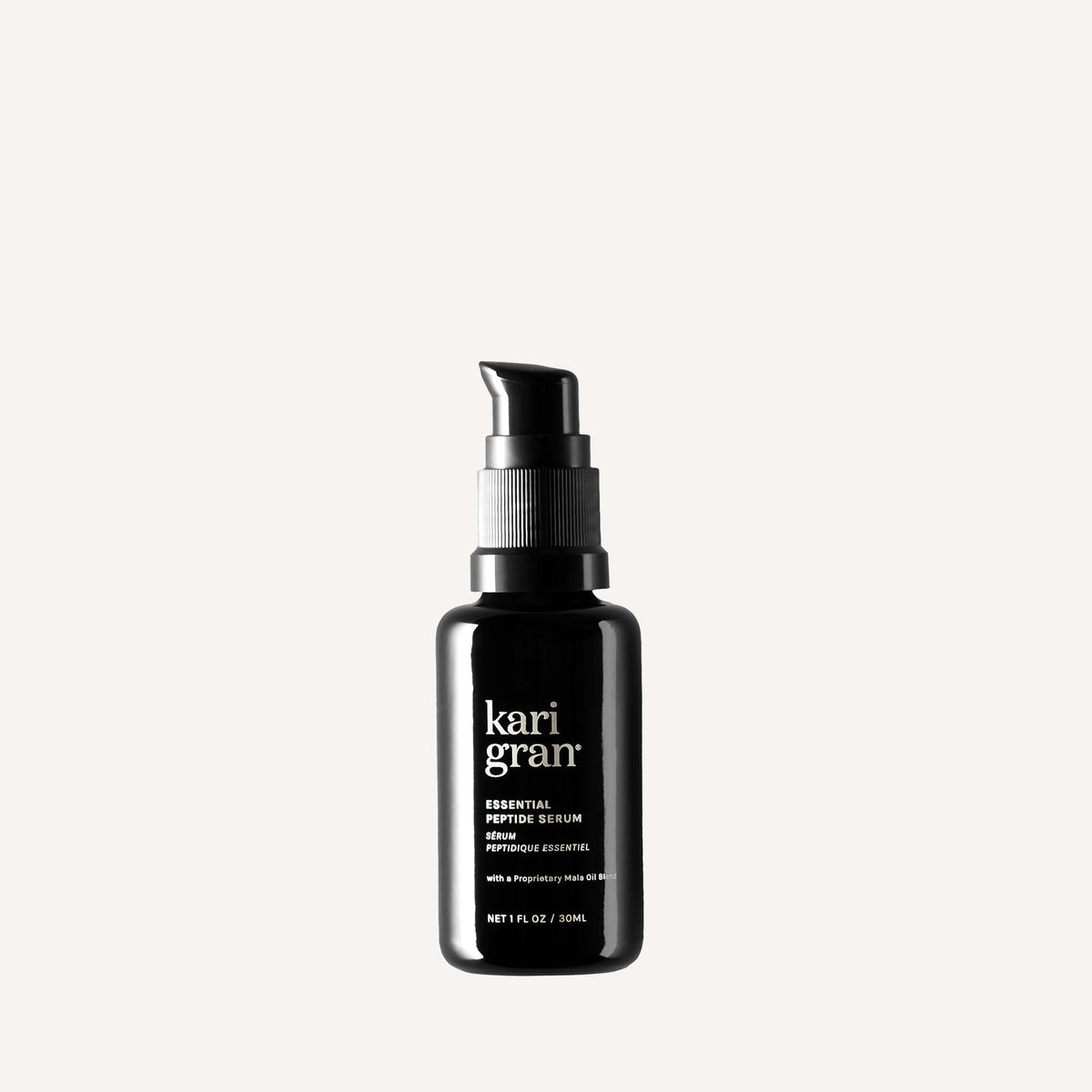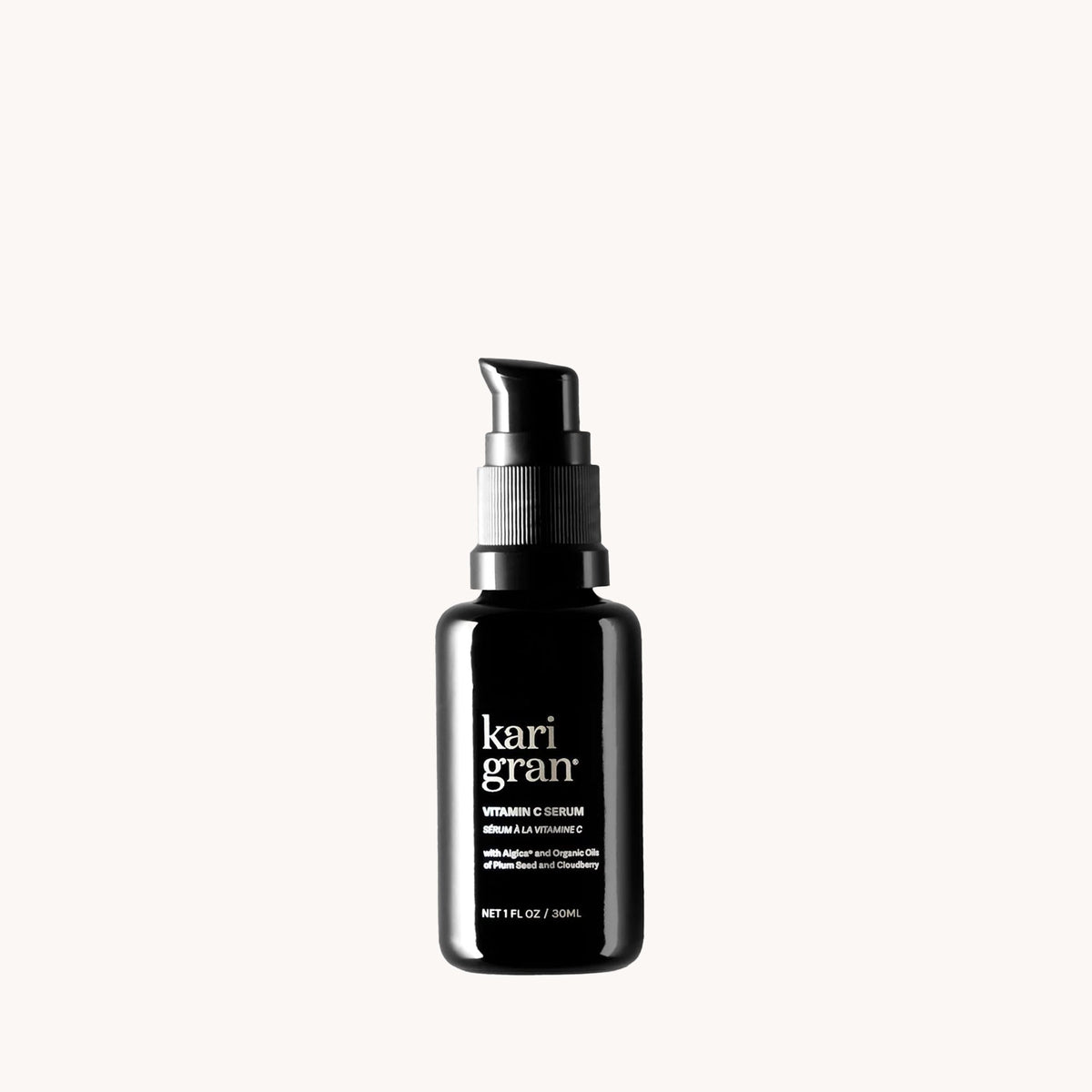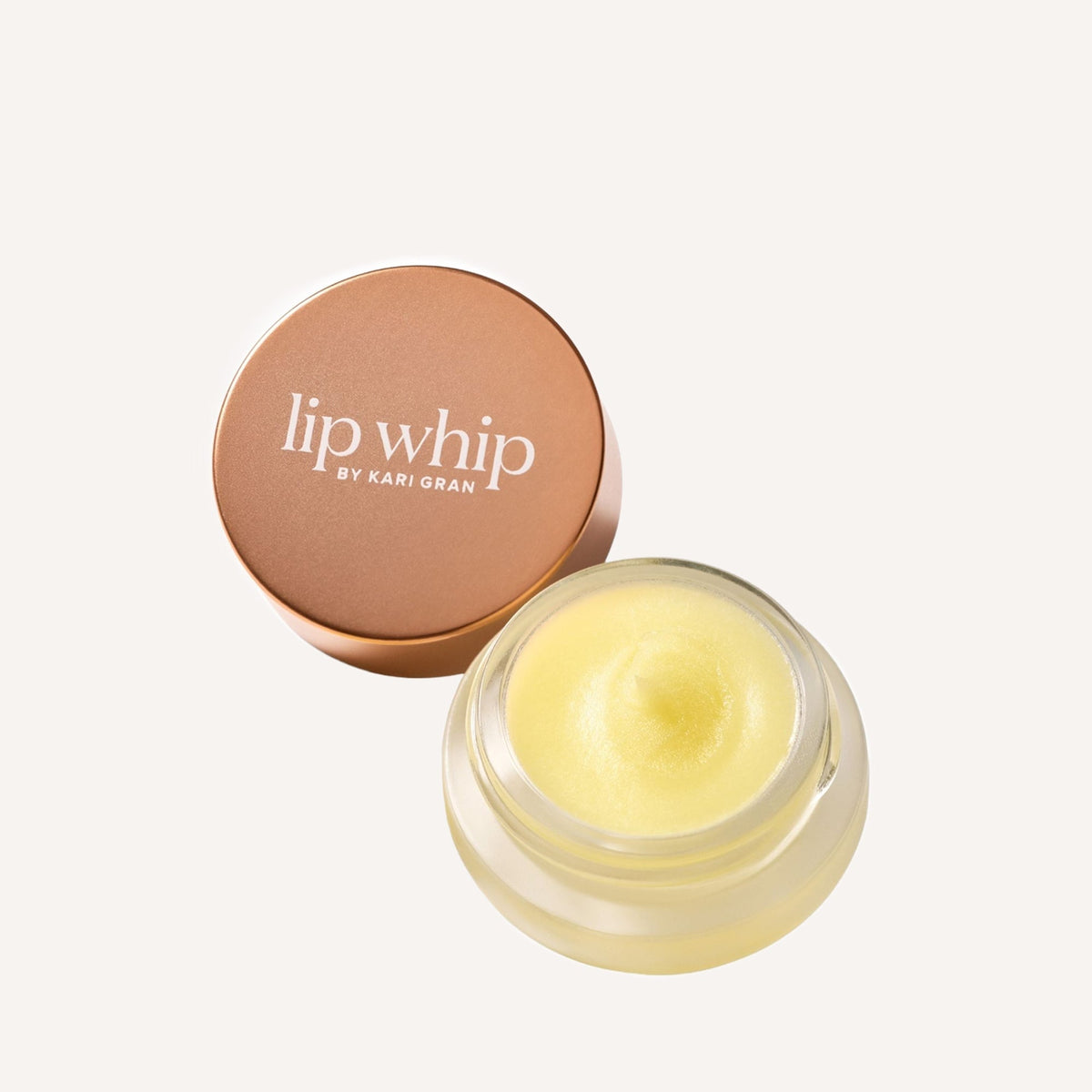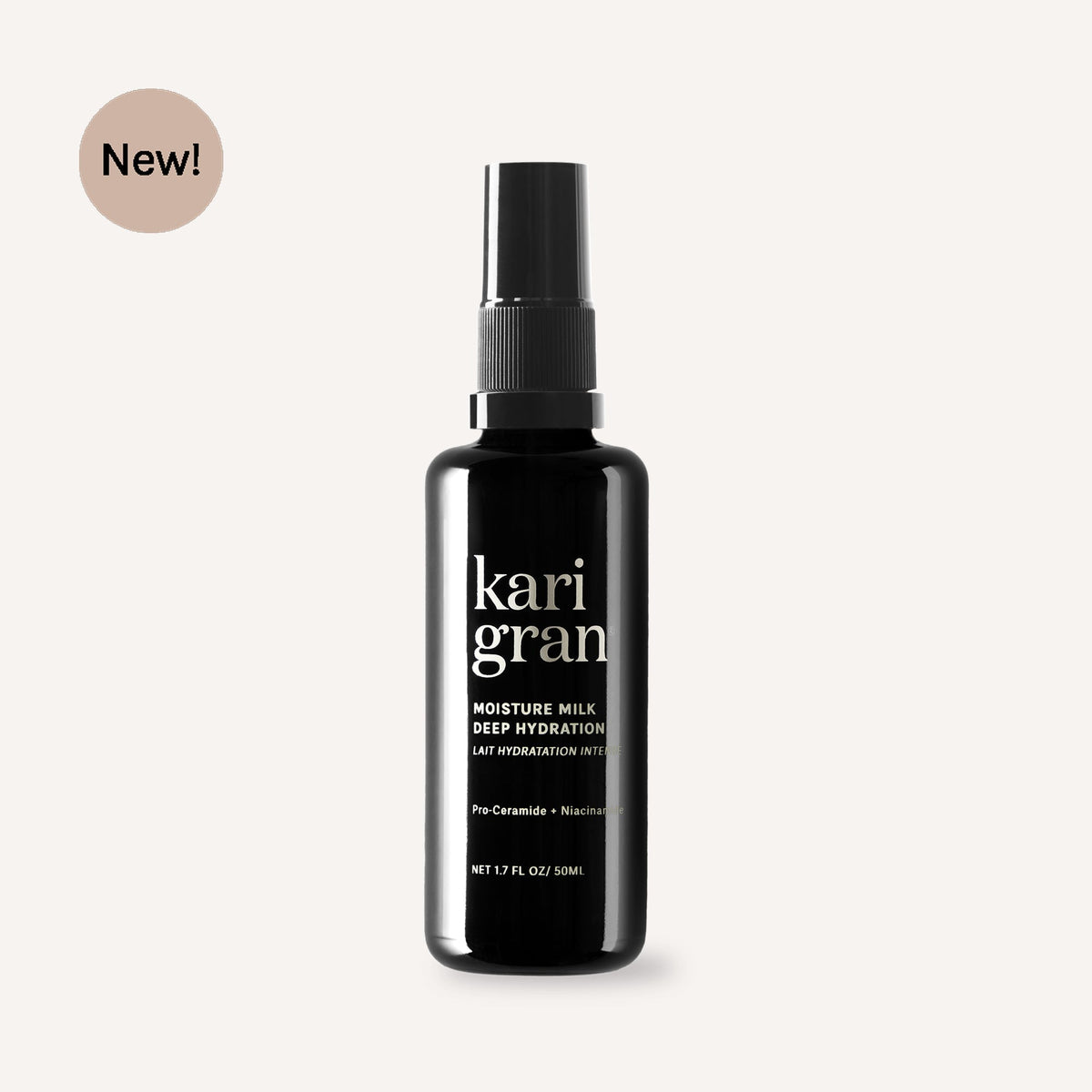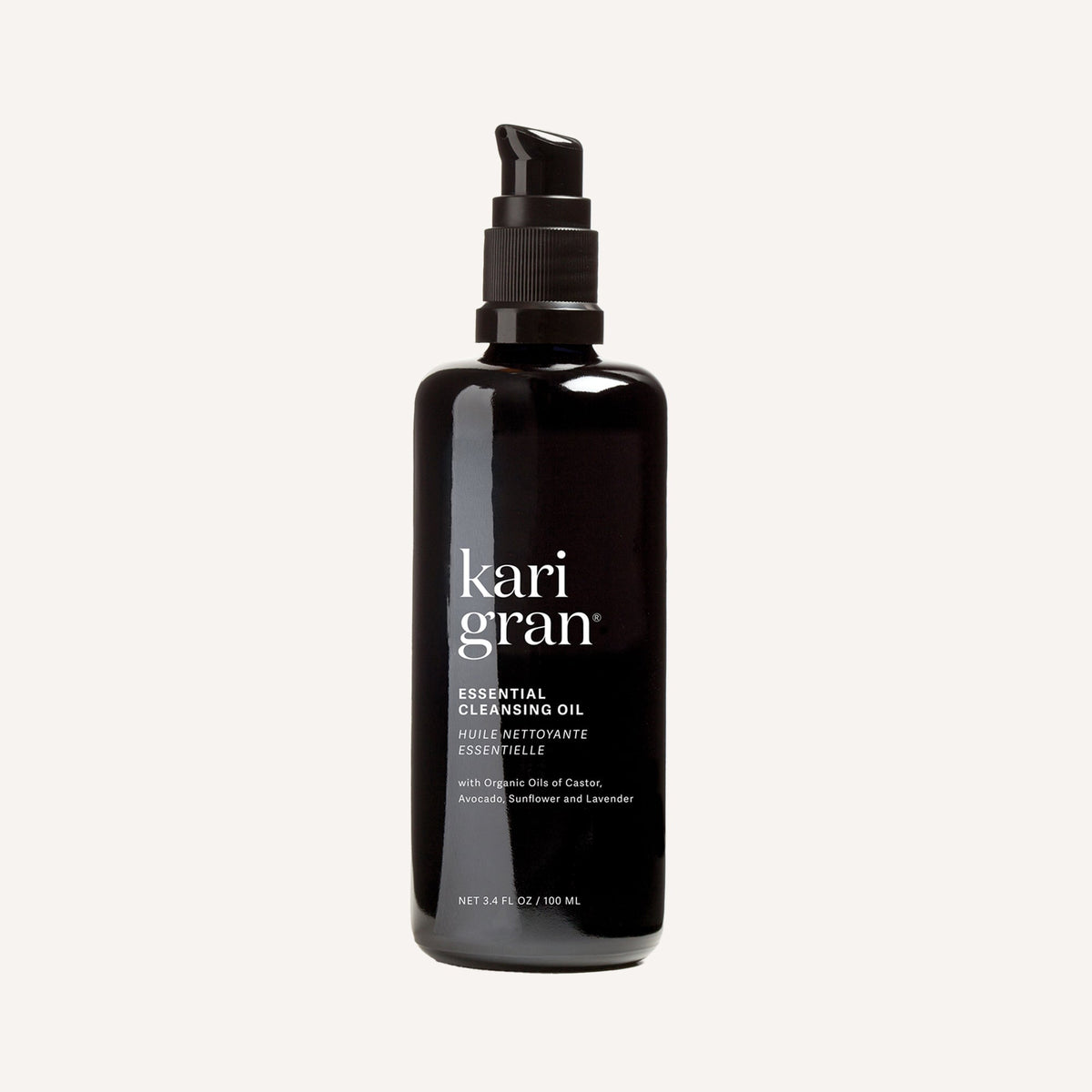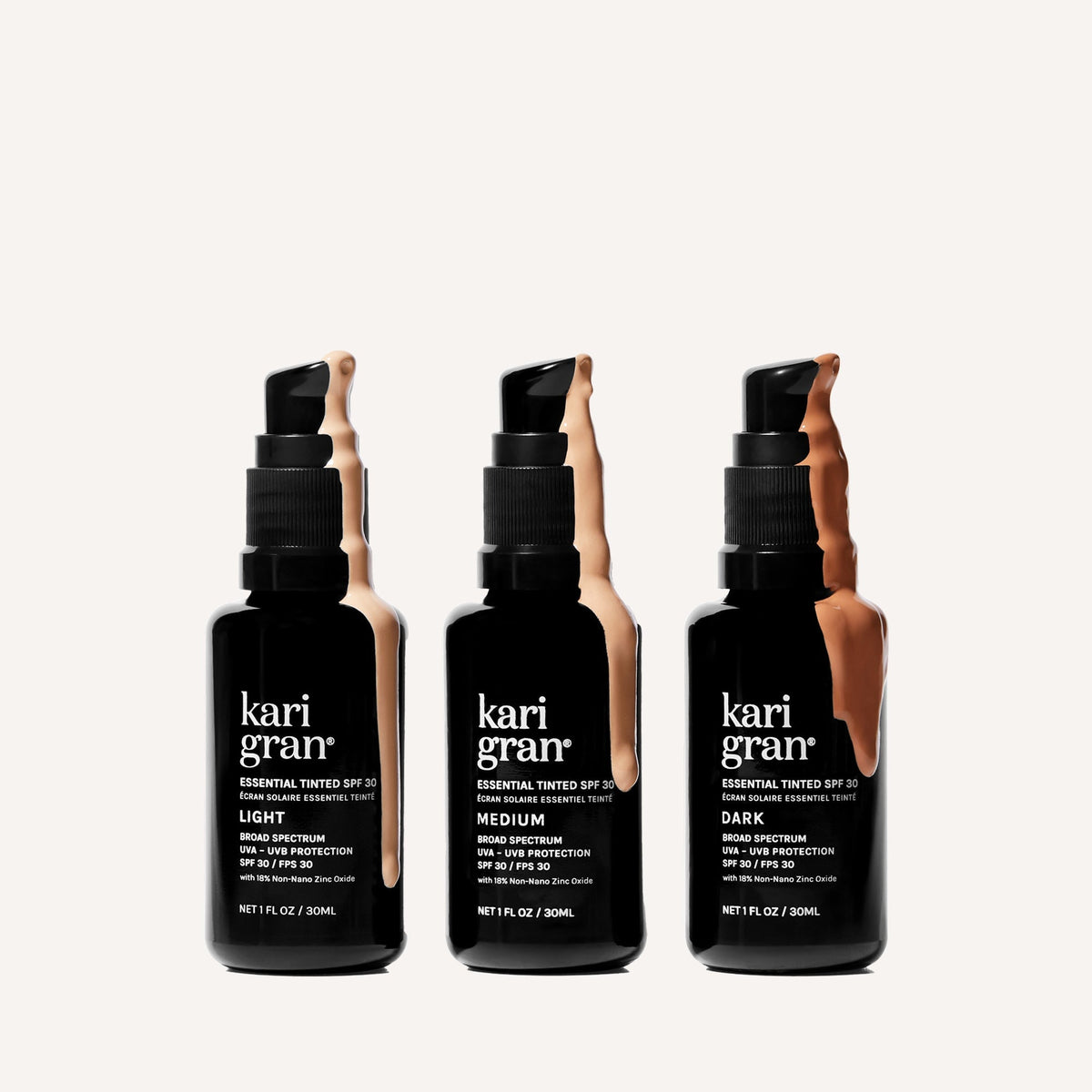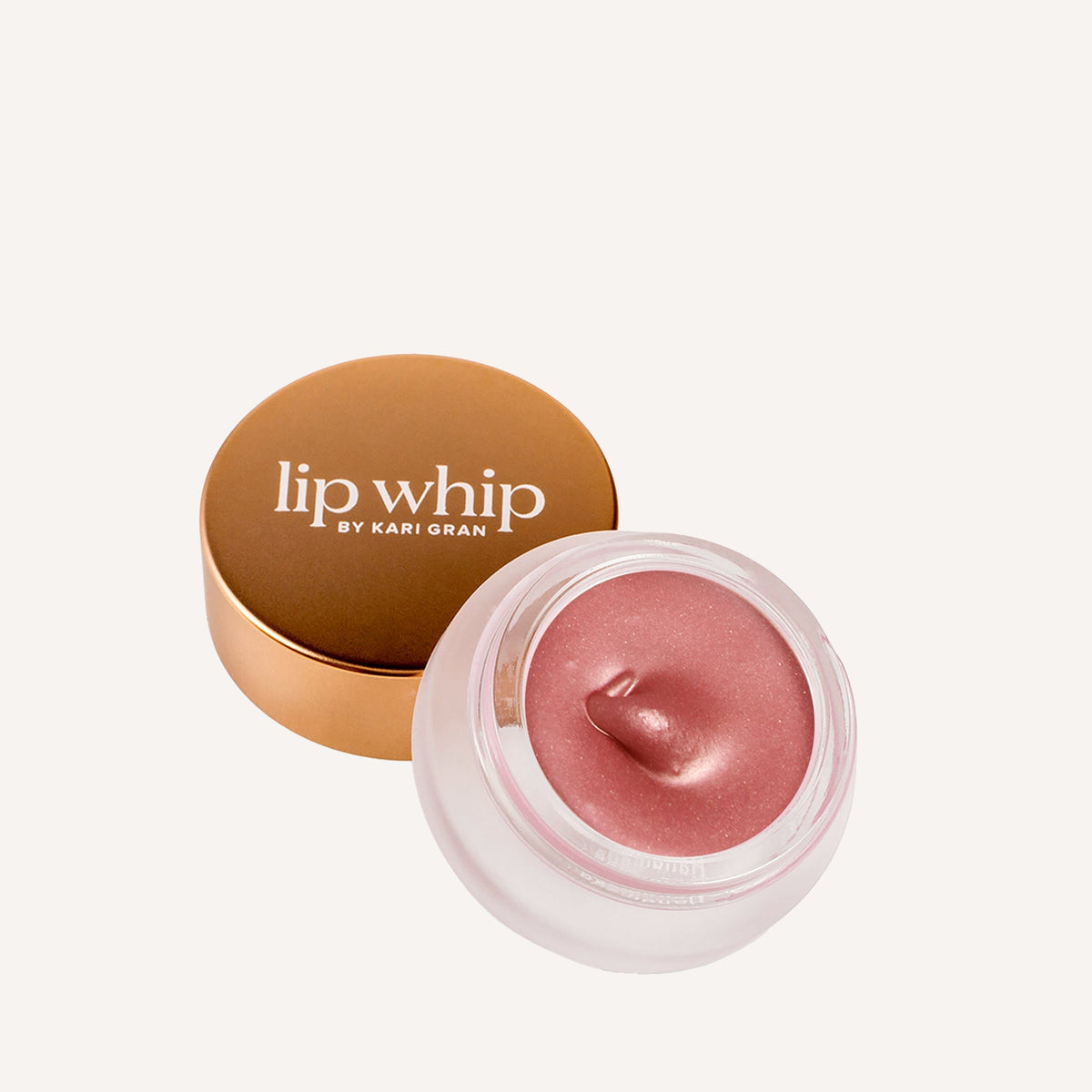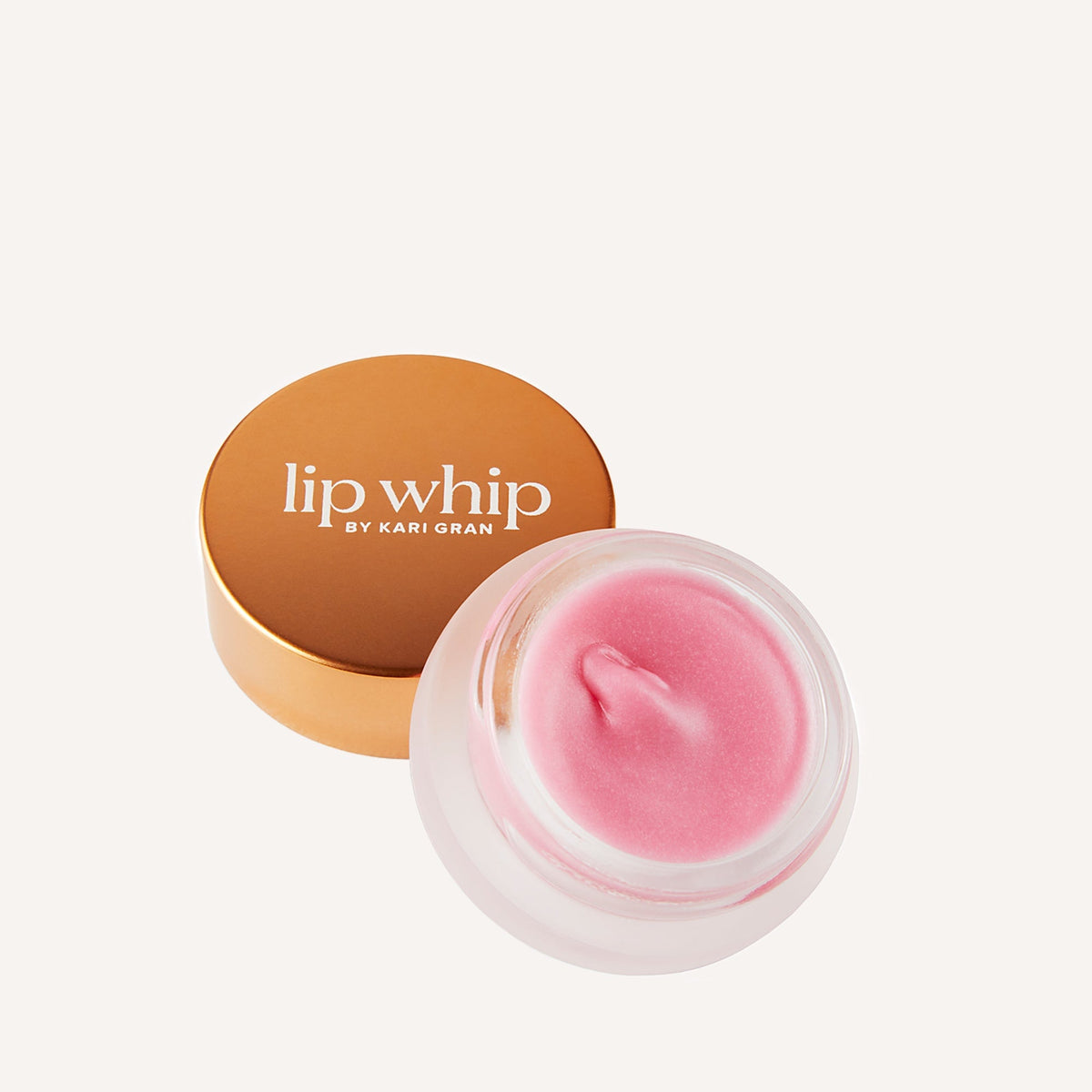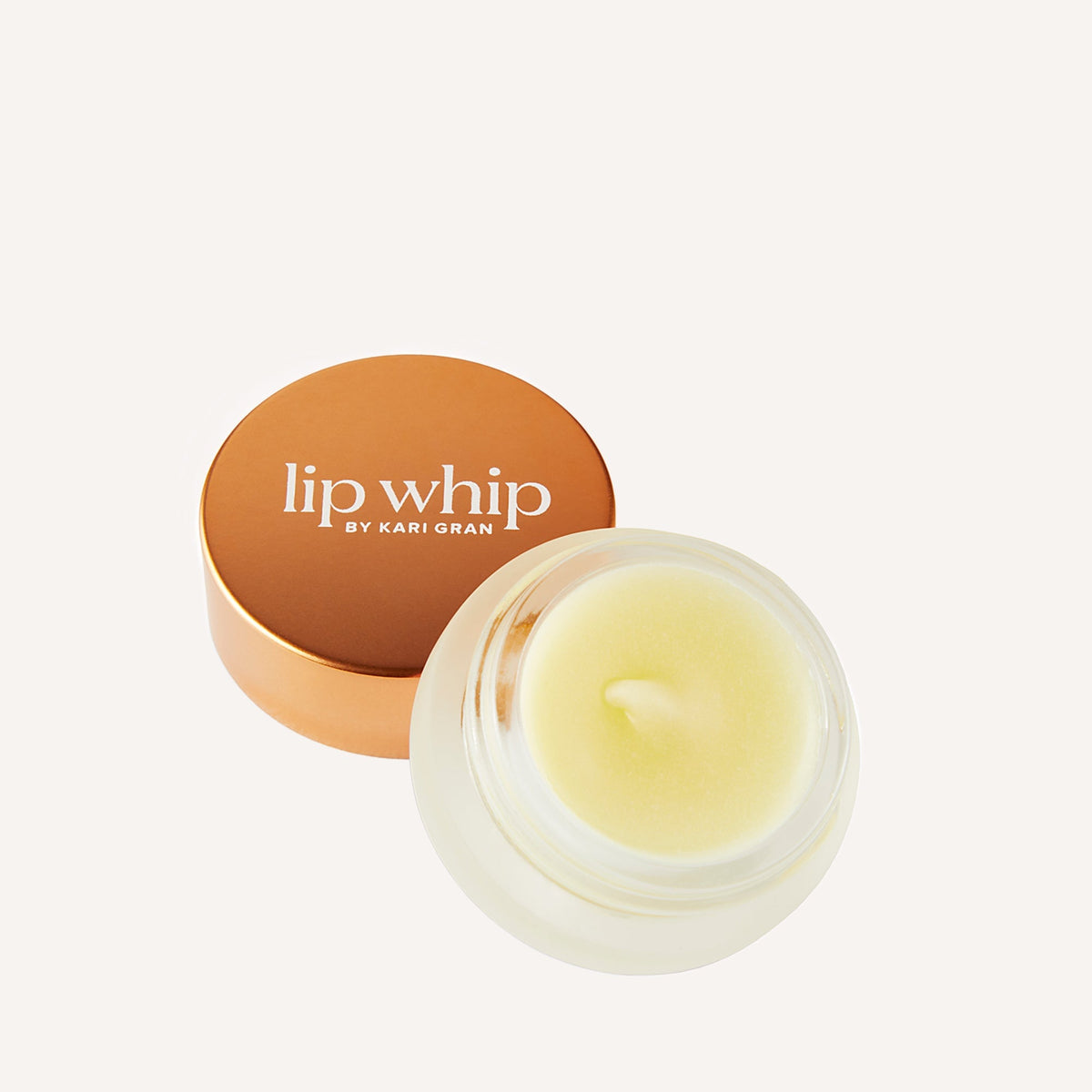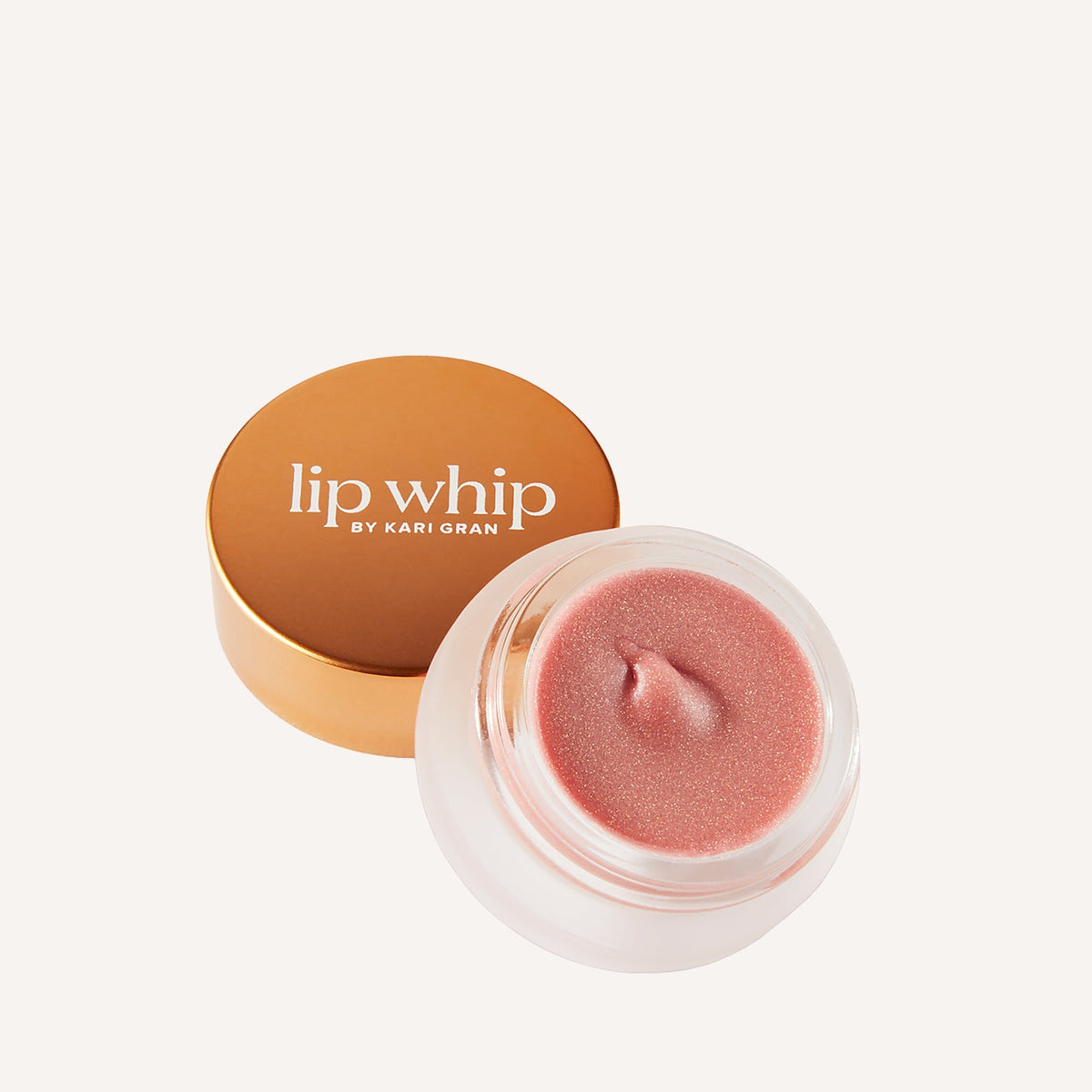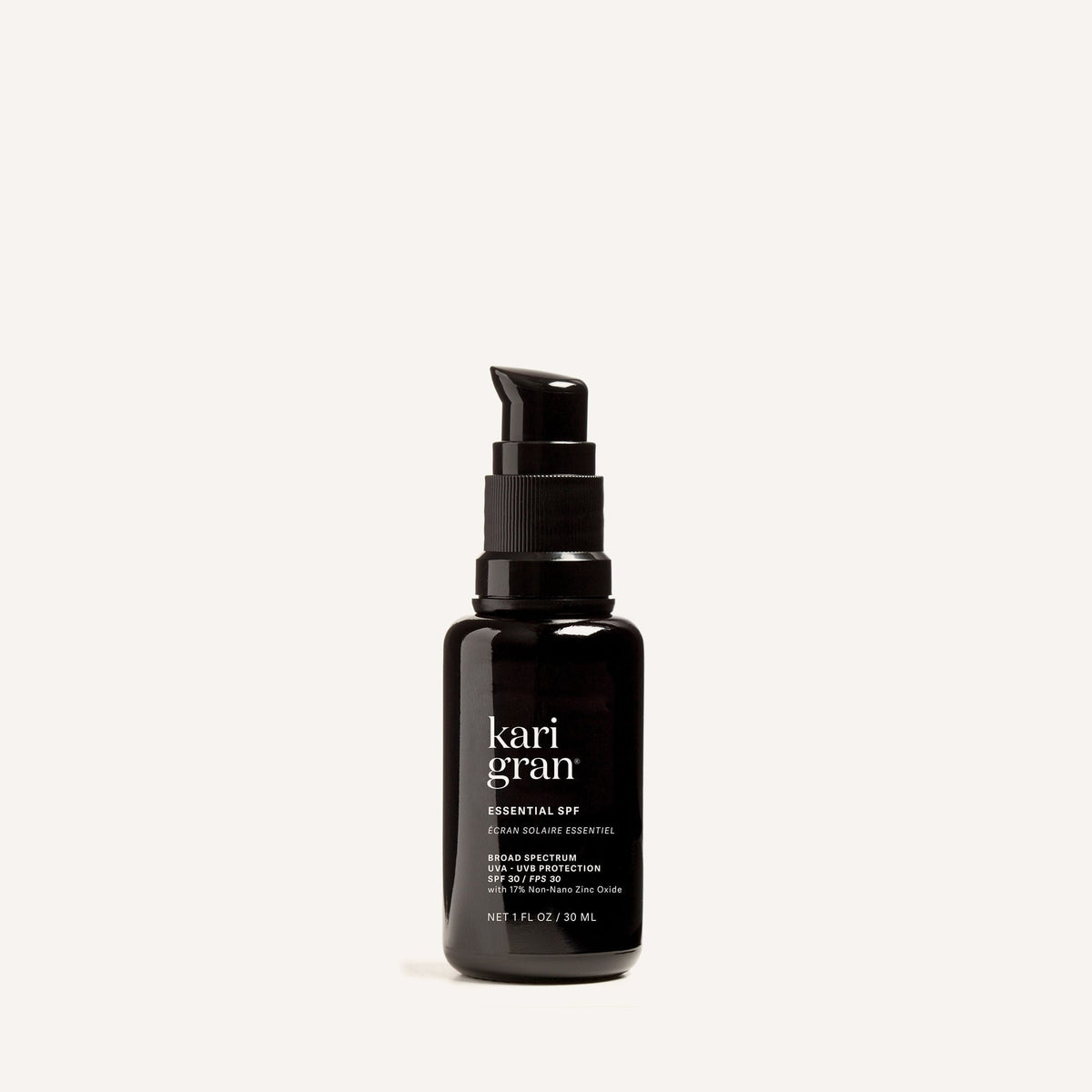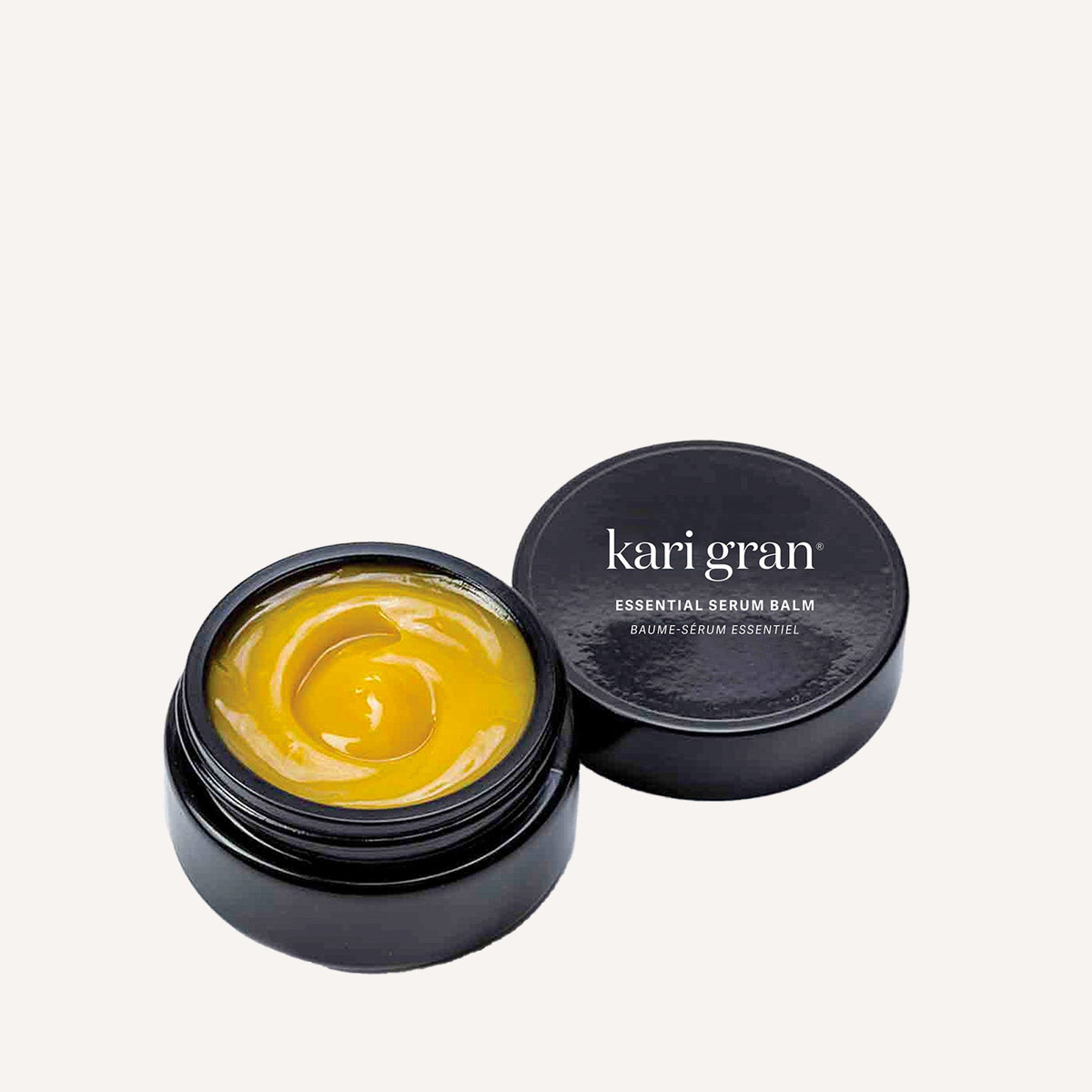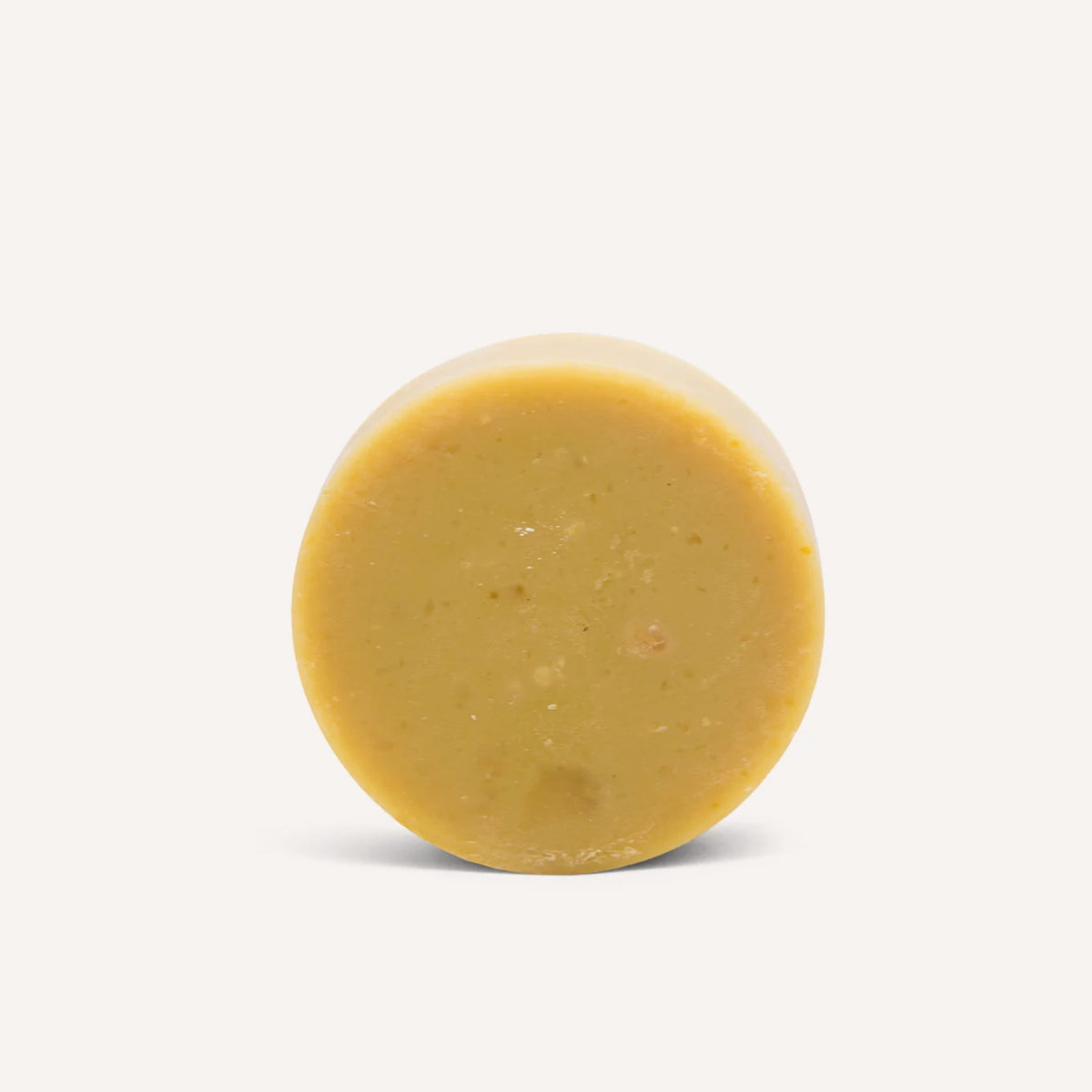How Nutrition Can Support Skin Health During Menopause
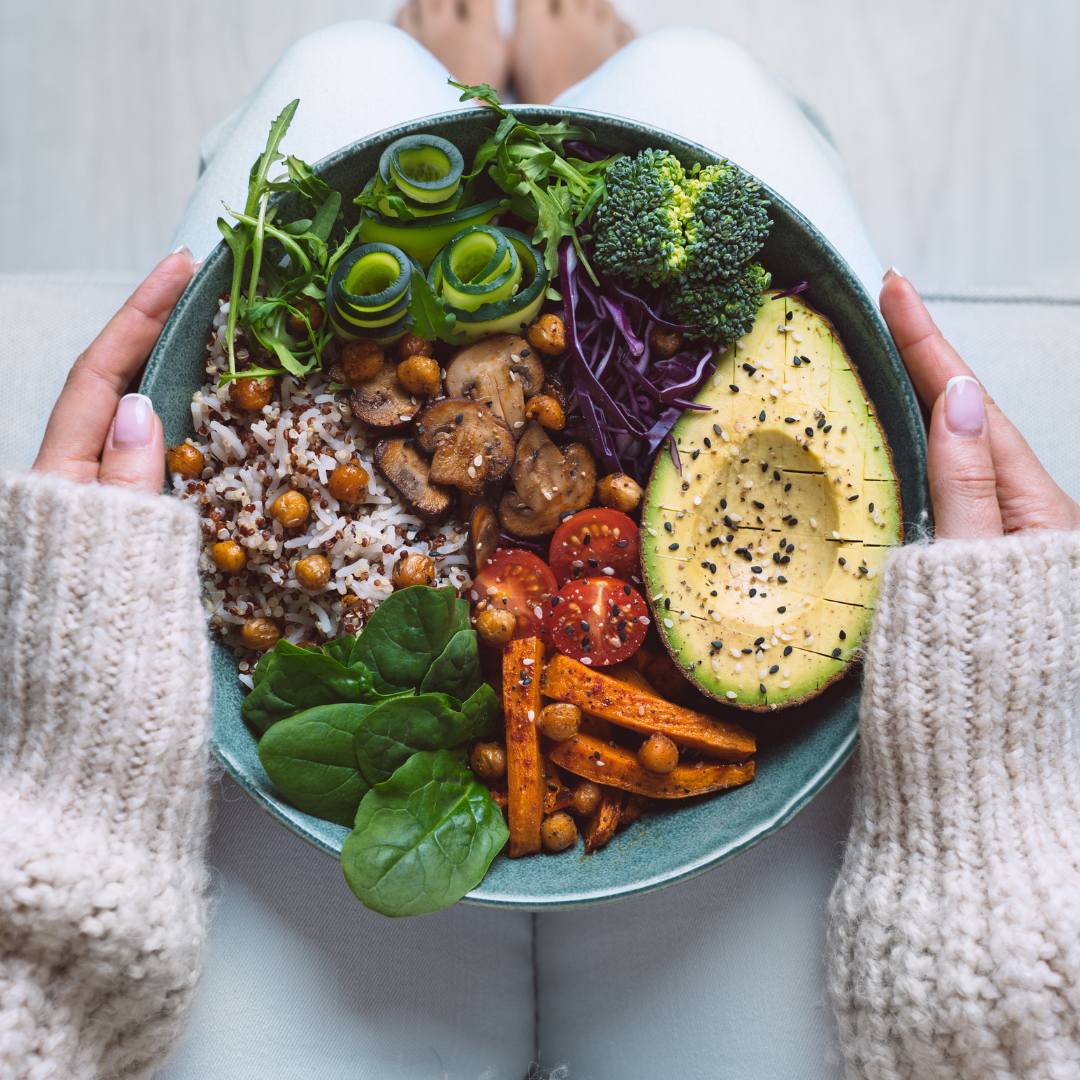
As we transition through the stages of menopause, we can experience a myriad of physical and hormonal changes that can impact our skin health. Fluctuating hormone levels, particularly decreases in estrogen, can lead to dryness, wrinkles, and a loss of elasticity in our skin. Our natural, oil-based skincare is packed with plenty of replenishing ingredients, but adopting a nutritionally balanced diet also plays a crucial role in supporting skin health. Let’s explore the importance of proper hydration and incorporating a well-rounded diet rich in fiber, protein, and healthy fats to promote radiant and resilient skin during menopause.
Hydration
“The real question is not how to anti-age, but age well. The simple answer is to not dry out.” - Quench
Let’s start with hydration, I cannot stress how important it is to be properly hydrated inside and out. It’s not about drinking gallons of water each day but getting a better understanding of how much water you really need and whether you’re absorbing it. Dehydration can adversely affect so many aspects of our health. Here’s a quick and easy test to see if you’re hydrated. Pinch the skin on the top of your outstretched hand. If it “tents’ and does not spring back, that’s a telltale sign you need hydration.
One of my favorite resources that discusses hydration is the book Quench by Dana Cohen, MD and Gina Bria. A fact from the book is that there’s no topical product that can match your inner hydration. You may experience a band-aid effect, but for long lasting benefits, up your hydration game both internally and externally. You will want to look for skincare products that include aloe and glycerin that helps pull hydration to the skin.
To enhance hydration levels, try incorporating hydrating foods into your diet. Water-rich fruits and vegetables such as watermelon, cucumber, apples, and oranges can contribute not only to your fluid intake but also provide essential vitamins and antioxidants that support overall skin health. A tip I have found helpful is to drink water first thing in the morning when you wake up, before you’ve had your morning coffee.
Balanced Diet
I believe the appearance of our skin is an expression of what’s going on inside our body. Inflammation can show up on the skin in various ways from redness and barrier disruption, to dry, flaky patches. Our skin is a barrier and the first line of defense, once it’s compromised, that’s when the problems begin.
As estrogen levels decline as we age, our nutritional needs change. Estrogen helps our bodies regulate moisture loss and dry skin is a telltale sign that estrogen has left the building. Better nutritional choices can help fuel our bodies and mitigate the loss of estrogen. Choose whole foods, whole grains, high quality protein (plant or animal) and healthy fats. Skip added sugar, processed foods, and limit alcohol intake. For today, I’m going to focus on fiber, healthy fats, and protein.
Let’s first talk about our gut health and fiber. Did you know The Academy of Nutrition and Dietetics recommends women consume 25 grams of fiber each day? Most women don’t hit that number consistently. I suggest calculating for a few days to see what your fiber intake is. It can be a little shocking how low it is if you’re not careful. Fiber has so many benefits such as regulating your digestion and blood sugar, improving heart health, and helping to manage a healthy weight. Whole grains, fruits, vegetables, and legumes are excellent sources of dietary fiber.
Now to healthy fats. I try to moisturize from the inside out. Essential fatty acids, such as omega-3 and omega-6, are vital for maintaining skin moisture and elasticity. Itchy, dry skin can be a sign of not getting enough essential fatty acids in your diet. They are called essential as our bodies do not naturally produce them, you must get them through food or supplements. Foods rich in healthy fats include fatty fish (like salmon and mackerel), avocados, nuts, and seeds. Not only are these omegas great for eat, but they are also beneficial to use on your skin. Skin care products that include Camellia Oil, which is high in omega fatty acids, will help your skin main moisture.
Lastly protein. When I visited my doctor earlier this year, a focus was on my protein intake, how much I needed and why because of my age. I was blown away as I wasn’t consuming enough. Proteins are essential macronutrients, which means our body needs them and we must obtain them from food. They are building blocks for the body. Diminishing estrogen can mean a loss of muscle mass and an increase in visceral body fat. So we need protein. Look for high quality protein like lean meats, fish, nuts, and eggs. Great sources of non-animal protein include quinoa, chia, and buckwheat as they are complete proteins.
Navigating the changes that come with menopause requires a holistic approach, and nutrition plays a central role in supporting skin health during it. While supplements help, you can’t supplement your way out of a poor diet. By focusing on proper hydration, a balanced diet rich in fiber, protein, and healthy fats, and adopting a few lifestyle modifications, you can nurture your menopausal skin from the inside out. Nutrition for inside the body is often similar to the ingredients in skincare. Your body benefits from the outside in and inside out with whole plant oils.

